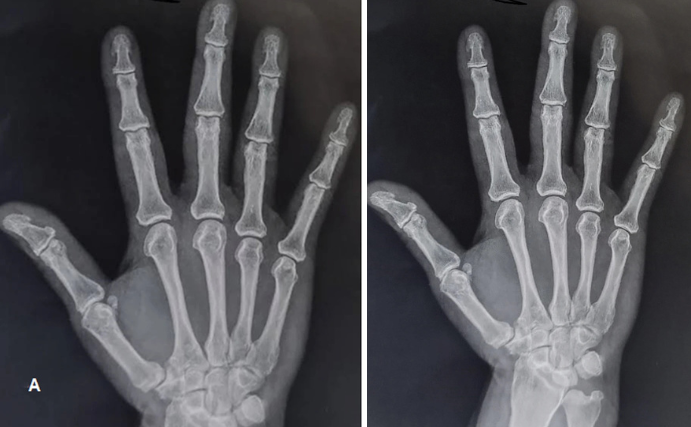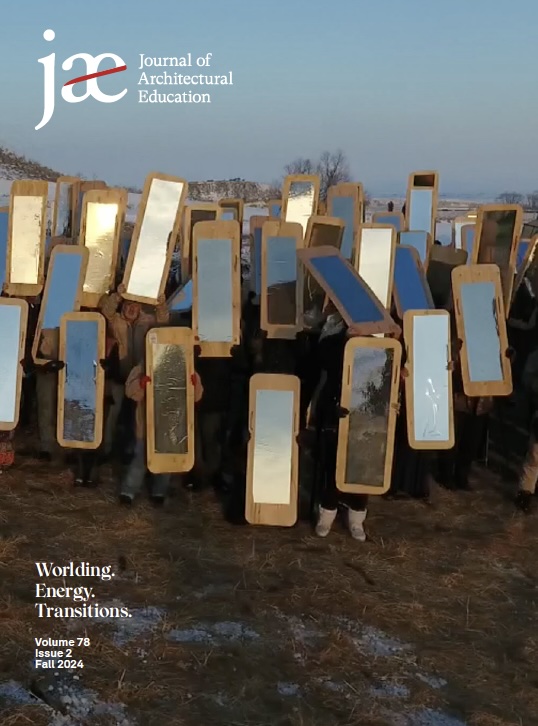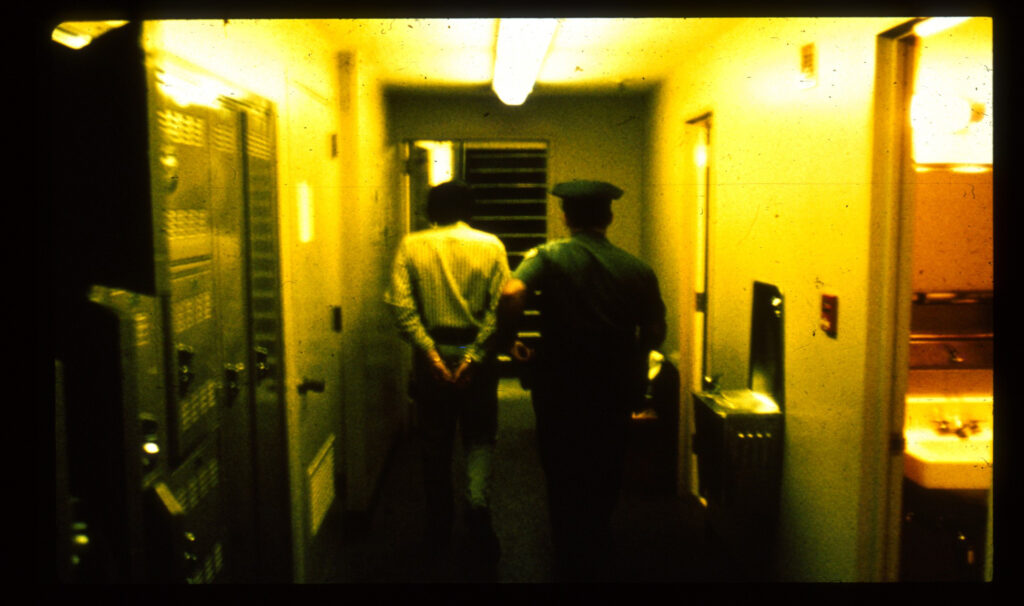
Source: ResearchGate
A former Baylor College of Medicine researcher has been debarred from federal funding for two years after a review by the Office of Research Integrity found evidence of misconduct.
Liping Zhang, a former assistant professor in the school’s nephrology section, “engaged in research misconduct in research supported by U.S. Public Health Service (PHS) funds,” according to a notice scheduled for publication in the Federal Register on March 19.
ORI based its findings on a Baylor College of Medicine investigation as well as evidence gathered during its oversight review, the notice states. It continues:
Continue reading Kidney researcher debarred from federal U.S. funding for image manipulation






